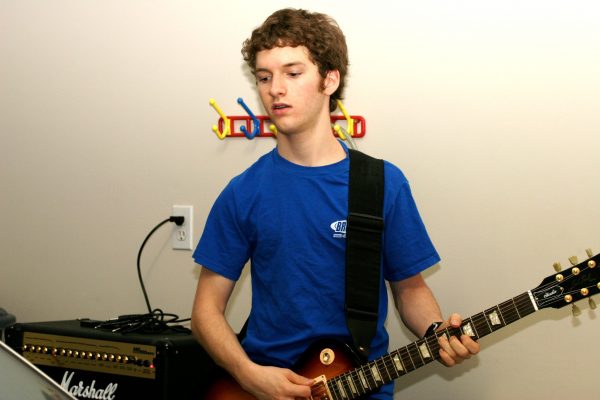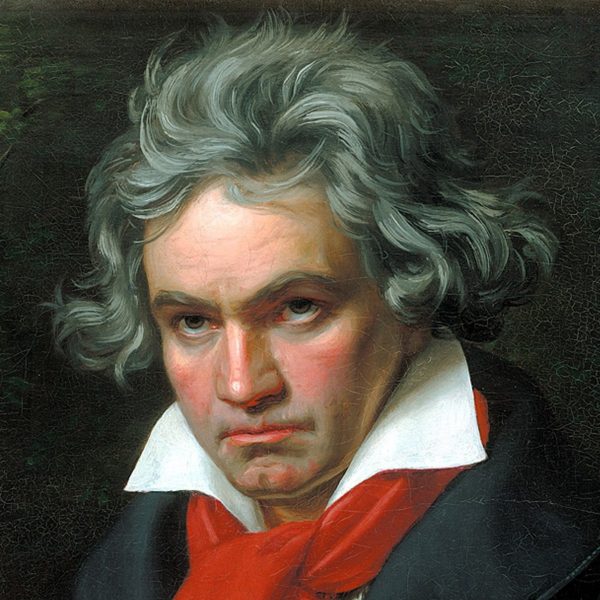First some announcements! Rune went to the foot specialist yesterday and discovered that he had broken three metatarsals and one ankle bone. The thing is, he isn’t experiencing much pain. Thank god, because we’re leaving for Norway tomorrow afternoon, and I’d hate to watch him hobbling around the airport in pain. The plus side, like I’ve said before, is that we’ll get priority boarding, but the negative side is that there will be no cross country or alpine skiing and no hiking. He says we’ll just sit in the cabin and enjoy wine. (But the wine we buy in Norway is hideous. Worse than turpentine. Almost.
Here is the first part of Raylene’s monthly Q&A with Erik for February. She’s working on refunding those of you whose questions weren’t answered. Apparently there was a glitch with her website that, in some cases, didn’t allow for the actual question submission. She’ll open the website up again in March so check back then. I’ll post the URL when she gives me the green light.
Kim: Hello, hello!
Me: Hi! I’m so happy that the Internet has behaved itself! I think we’re going to be okay this hour. Hi, Erik. We’re going to talk about one more subject. It’s going to be kind of a brief one. This is also from a blog member. They want to know about the future of music like, “What is the next musical format that will replace CDs and when will it be possible to replicate the sound of master source sound without quality loss?” I guess I should ask these one at a time. What’s the next musical format that will replace CDs and of course digital music, you know.
Kim: Interesting. First of all, he’s showing me the progression of music in general. It almost seems like all the genres become so closely related that it’s hard to discern between rock and country and, you know, hip hop. It seems like they all really start to piggyback on each other.
Erik: So the way that music itself moves, they’ll all start piggybacking and using each other’s sounds to create new twists on the old genre.
Kim: He keeps saying, “digital, digital.” He also keeps taking his hands off of something so it seems like you won’t have to—
Erik: There will be no devices.
Me: What are you saying?
Erik: There will be a huge collection or database of all music in one spot.
Me: Okay.
Erik: You won’t have to download it onto your device in order to Bluetooth it, stream it, whatever. You’ll just connect to the database, and it’ll all be there no matter what genre.
Me: Well how do you connect?
Kim: I’m asking him how you specifically connect when you’re outside of your home like in your car?
Erik: You’ll still have devices to pay it, but you won’t need a license to download it. You won’t HAVE to download it. Everybody will have access.
Me: You must have to push a button or something.
(Pause)
Kim: This is interesting.
Erik: It’ll be free. You’ll have to create an account.
Kim: Well, how on earth can it be free? How will these artists make money?
Me; Yeah!
Kim: He’s pulling us way out in the future, so I don’t think we’re going to see this for some time, yet. What he’s showing me is creating an account and then having access to all genres. All artists’ music will exist there. Are you sure we won’t have to pay, Erik? Is it free?
Erik: It’s not an ongoing thing that you pay for. You pay for a membership and that’s it.
Me: Well, do you access it with your mind?
What a stupid question.
Me: Are we that advanced that we use our minds to telepathically download?
Kim: No, that’s what they’re showing me. Not yet, anyway.
Erik: Some people already do that.
He laughs.
Erik: If you’re in your car, it’s a matter of using the Internet to connect to this large database or using your device to connect to the database.
Me: Well, we already have that! We have that with things like iTunes and Spotify. And Amazon and Apple.
Kim: He’s talking about doing away with the little things like iTunes and Spotify. All of those will become obsolete, and this will become one central location where all music can be accessed.
Me: Okay, like the Akashic Records of music.
Erik: Yeah, Mom.
Kim chuckles.
Me: When will this happen?
Erik: In about 20 to 25 years. We’ll still be cycling through different types of music.
The doorbell rings.
Me: Somebody get the door, please.
No one responds. Sigh.
Erik: There are people now who clairaudiently tune into music—
Me: Dang it. Michelle!!! Sorry. Michelle! Somebody get the door for the freaking love of god!
Kim: Somebody get that door!
Me: Okay, you can keep talking. I’ll go get it.
Erik: They can do it through remote viewing, too. A lot of those with clairaudience and clairvoyance can do remote viewing and connect to music that way.
I get the door.
Erik: They can even connect to live performances and basically stream live music. If you think about energy, once something is in existence, you can’t destroy it. You can’t get rid of it, even a melody, a tune, a song. You can connect just like when a song gets stuck in your head. You play it over and over. Eventually, you’ll see people being able to access music that way. No electronics at all, just their own frequencies, their own vibrations. You’ll connect to the music with your own psychic ambition. So we’re already experiencing that in the way a song gets stuck in your head or you wake up with a song in your head. You’re connecting to that frequency. It’s way down the road before this becomes common, but we’re already experiencing it. That’s a much slower process in development.
I return.
Remember that since I’ll be on an airplane, I won’t have a live radio show tomorrow, but we’ll play a past show if you want to listen.



